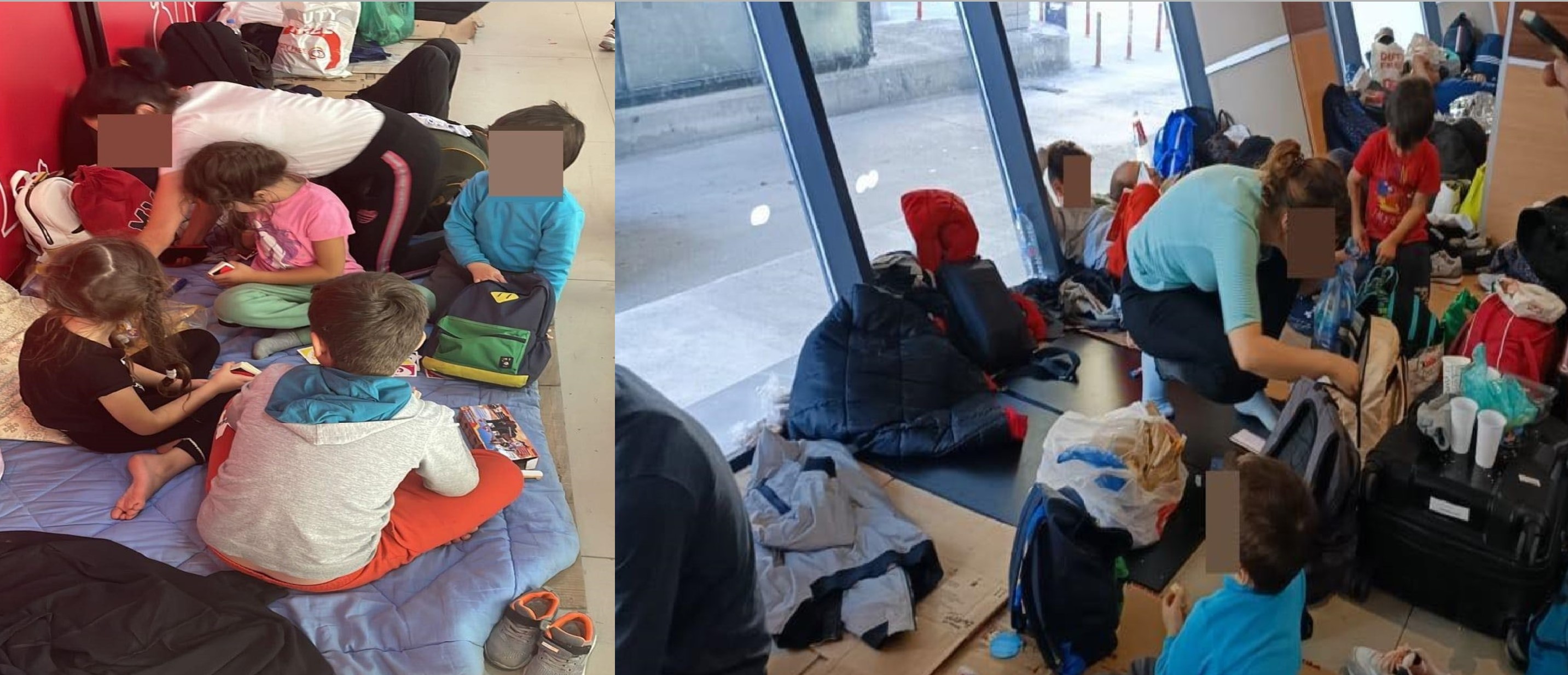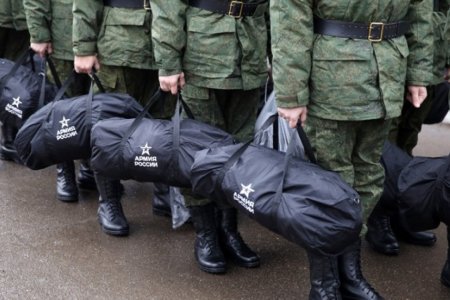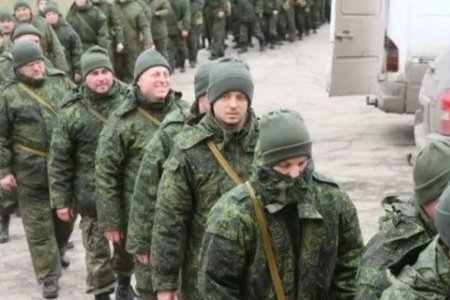
A tragedy is unfolding in countries bordering the Russian Federation and Belarus with Crimean Tatars yet again in particular danger. This main indigenous people of Crimea have been subjected to the greatest persecution under Russian occupation and now face being forcibly mobilized to fight in Russia’s war against Ukraine.
According to Refat Chubarov, Chair of the Mejlis, or representative assembly, of the Crimean Tatar people, there are thousands of Crimeans, most of whom are Ukrainian citizens, who are now forced to try to leave Crimea into other countries bordering Russia, or Belarus, since Russia is blocking the administrative border with mainland Ukraine. Many have, apparently, been stopped from entering Poland or the Baltic Republics.
These and other EU countries recently decided, with the approval of very many Ukrainians, that they would heavily restrict entry by Russian citizens. The reasons were clear: Russia has been waging a full-scale war of aggression against Ukraine since February, and Ukraine’s partners in Europe have no reason to welcome ‘Russian tourists’.
The situation changed radically, however, on 21 September, when Russian leader Vladimir Putin announced so-called ‘partial mobilization’. It rapidly became clear that this was not at all partial, though it did appear to be selective. There were reports from the outset that Crimean Tatars were being particularly targeted. In fact, however, any Ukrainians from occupied Crimea should be protected by the Fourth Geneva Convention which specifically prohibits an occupying power, namely Russia, from compelling “protected persons to serve in its armed or auxiliary forces” (Article 51).
Thousands are now trying to leave occupied Crimea, with their families, and are encountering difficulties. Russia has made it all but impossible to live in occupied Crimea without taking Russian citizenship. While Ukrainian citizens should be able to enter EU countries on their Ukrainian passports, after eight years of occupation, not all have current documents. This is particularly true of those with very young children, born under occupation since their parents would have had to travel to mainland Ukraine to organize their citizenship.
Judging by comments on social media, many do not appreciate the specific nature of the situation for those from occupied Crimea. Yes, it is hard not to want to ask the Russians now willing to come out in protest over mobilization why they were silent for six months, and to feel scepticism about the ‘anti-war’ sentiments of many of those now fleeing Russian call-up. It should, however, be remembered that protest in occupied Crimea was ferociously crushed even before Russia’s full-scale invasion, and several Crimean Tatars were recently jailed and fined for merely playing Ukrainian patriotic songs at a wedding.
One should also be cautious about asking why Crimeans did not leave occupied territory earlier. This is true for any Ukrainians, but of particular poignance for Crimean Tatars whose families experienced the tragedy of Stalin’s 1944 Deportation, recognized in Ukraine as an act of genocide. After being prevented from returning to their homeland for around 50 years, it is understandable that a second enforced ‘deportation’ because of Russian occupation is something that many avoided till the last moment.
Nobody is proposing blanket decisions. The Mejlis is asking only for “urgent joint decisions at the level of Ukraine’s government and those of the countries whose territory Ukrainian citizens living in Crimea are trying to enter.” Chubarov calls, in the first instance, for the creation of an inter-departmental group, under the auspices of the Foreign Ministry, to resolve all the issues that are arising in this present situation. He points out that many analogous decisions were made by the countries bordering Ukraine in February and March, when huge numbers of people, mainly women and children, were forced by the Russian invasion to flee their homes. With Russia bombing residential areas, it is very likely that a huge number of those who arrived at border crossings lacked any documents. They were not stopped then from seeking refuge, and those in similar plights now should be treated with similar recognition of the danger they are facing.



